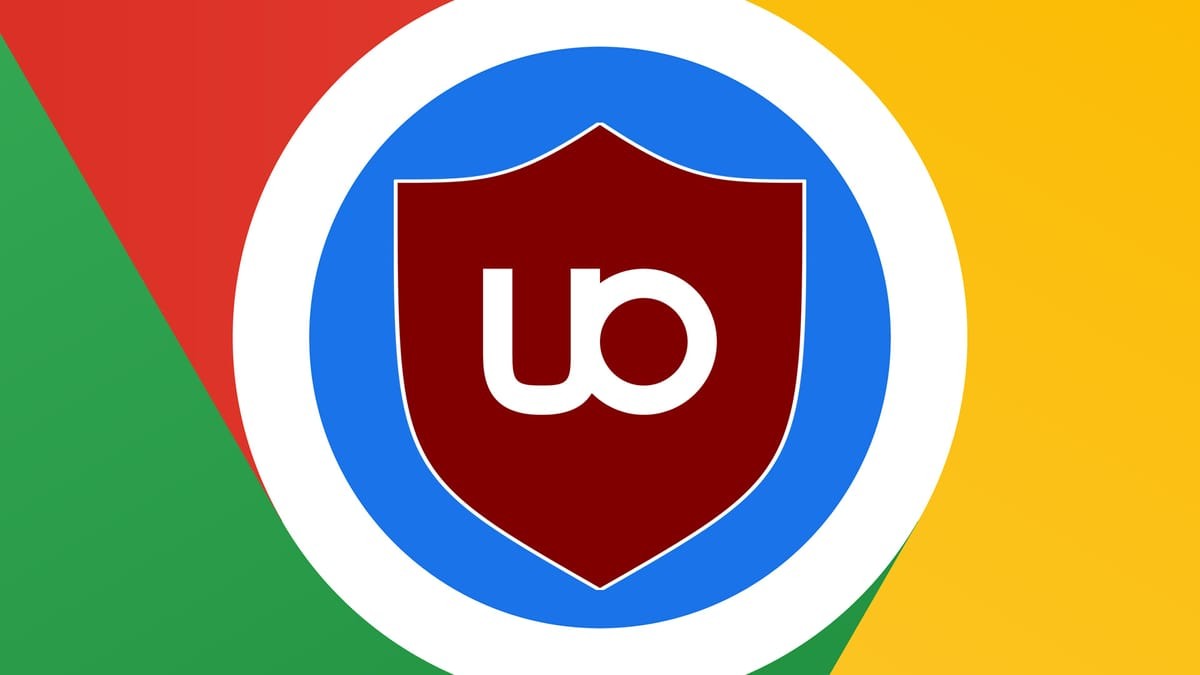
In a bold move that sets it apart from other Chromium-based browsers, Opera has announced its plans to continue supporting uBlock Origin and other Manifest V2 (MV2) extensions, even as Google Chrome prepares to disable them.
Opera's decision comes as a relief to many users who rely on these popular ad-blocking and privacy-enhancing tools. The company has reaffirmed its commitment to this cause with the release of Opera One R2, its latest stable version.
While other browsers are transitioning to the new Manifest V3 framework, Opera is taking a different approach. The company plans to modify the shared Chromium codebase to maintain compatibility with MV2 extensions. This means users can continue using their favorite tools without interruption.
Opera is not just focusing on third-party extensions, though. The browser has been equipped with a native ad blocker since 2016. According to Opera, this built-in feature can load pages up to 90% faster by removing intrusive ads and clutter.
The company is also reaching out to extension developers to find the best way forward. This collaborative approach aims to ensure a smooth experience for users while maintaining the functionality of popular extensions like uBlock Origin.
Opera's strategy stands in contrast to Google Chrome's plans to phase out support for MV2 extensions. By maintaining support for these tools, Opera is positioning itself as a user-friendly alternative for those who prioritize ad-blocking and privacy features.
As the browser landscape continues to evolve, Opera's commitment to supporting popular extensions like uBlock Origin could give it a competitive edge. Users who value these tools may find Opera an attractive option in the face of changes in other Chromium-based browsers.